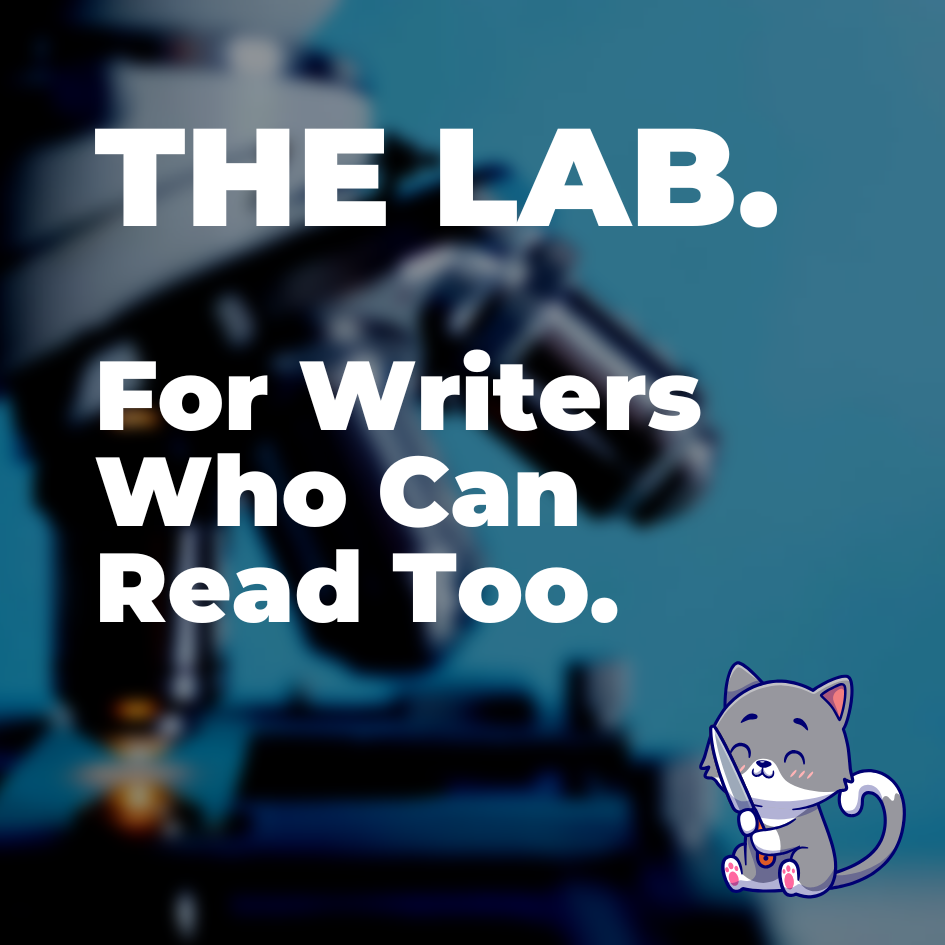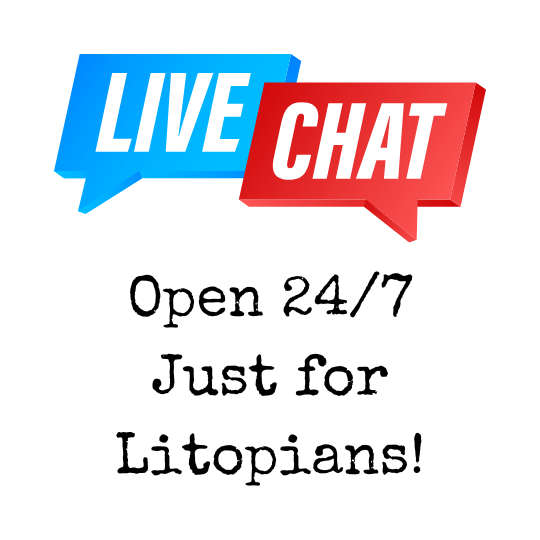M
Malaika
Guest
I'm trying to figure out if I should or should have an alpha reader looking at my WIP as I go. Alpha readers helped me so much as I was writing my way into the story, it gave me a strong feeling that I was going in the right direction. But now that I've just finished redrafting Act 1 at 22,000 words (I needed to add another character) I'm faced with a big conundrum. Should I plow forward, trusting my own instincts that the story is there....or should I try to find a reader?
My biggest fear is completing draft 1, editing it, and then finding out there is some major flaw I didn't see in the story
ex: MC is isn't likeable, plotholes, confusion or worst of all---lack of tension
But is using an alpha reader basically the same thing as wasting a beta reader? It is so hard to find readers!
Posting excerpts on writing groups is great but it doesn't work with stories that have extensive worldbuilding (beyond the opening chapters) and it doesn't help to understand if your overall narrative/pacing is working.
What do you guys think about using paid readers? Like I'd happily pay someone to read the thing and give me an honest opinion. Is that a thing that exists?
My biggest fear is completing draft 1, editing it, and then finding out there is some major flaw I didn't see in the story
ex: MC is isn't likeable, plotholes, confusion or worst of all---lack of tension
But is using an alpha reader basically the same thing as wasting a beta reader? It is so hard to find readers!
Posting excerpts on writing groups is great but it doesn't work with stories that have extensive worldbuilding (beyond the opening chapters) and it doesn't help to understand if your overall narrative/pacing is working.
What do you guys think about using paid readers? Like I'd happily pay someone to read the thing and give me an honest opinion. Is that a thing that exists?



